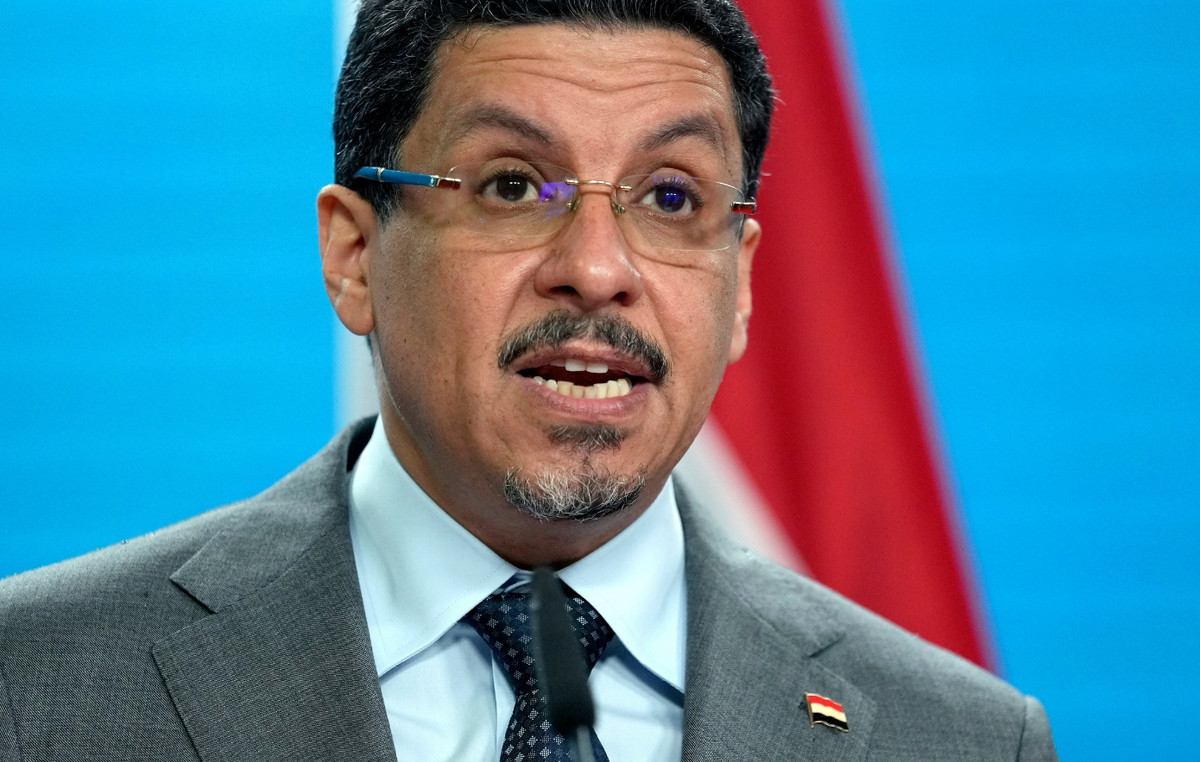A survey carried out by Rede Favela Sustentável shows that more than 270 thousand people living in Rio’s favelas lose their water supply at least twice a week. The number represents 17% of the total number of residents of 15 communities analyzed in the metropolitan region of Rio de Janeiro. D. 69% of those interviewed also stated that, if the electricity bill were reduced by half, they would use this money to buy food.
The study “Water and Energy Justice in Favelas” was presented at a public hearing of the Commission for the Defense of Human Rights and Citizenship of the Legislative Assembly of Rio (Alerj), this Wednesday (29).
The research also identified that 25% of residents of Rio’s favelas feel an unhealthy taste in the water and 31% are forced to drink tap water to hydrate themselves.
According to the coordinator of the Sustainable Favela Network Theresa Williamson, data from the Oswaldo Cruz Foundation show that more than 48 thousand people died due to heat waves in Brazilian metropolitan regions between 2000 and 2018.
“We are talking about a good that is everyone’s right and a basic necessity for human subsistence. Noting that a large number of the population does not have this right guaranteed is, at the very least, a criminal act. We also have to highlight the climate changes we are experiencing with high temperatures. Water is life,” said Theresa.
Social Tariff
Residents of the communities also reported in the survey difficulty in obtaining the benefit of the Social Tariff, in which the customer who meets the requirements starts to pay the monthly amount of R$ 22.65 to have a minimum consumption of up to 15 thousand liters of water for the 30-day period. Residents stated that the list of documents to receive the benefit is complex and extensive and that the incentive is limited.
“It is still not clear to users of the social tariff what they need to present to prove their income and join the benefit. Furthermore, we are talking about favela residents who often do not have all documents easily accessible and are having their water cut off because they are unable to pay the invoice price. Other than that, it is necessary to evaluate the cases individually, as there are families who work at home and depend on a greater supply of water”, explained Ana Lúcia Britto, professor at the Federal University of Rio de Janeiro (UFRJ), coordinator of the Study Laboratory of Urban Waters and researcher at the Observatório das Metrópoles.
According to Águas do Rio, 18% of the company’s customers, in just one region, are covered by the Social Tariff. The company also stated that there is no limit to the number of places available for granting the incentive.
Asked about the inspection of companies, the Energy and Basic Sanitation Regulatory Agency of the State of Rio de Janeiro (Agenersa) informed that it acts based on what is established in the contract.
During the hearing at Alerj, deputy Dani Monteiro (PSol), who is president of the Commission for the Defense of Human Rights and Citizenship, stated that she will create a Bill that determines the distribution of a minimum amount of water without charging a fee, concept known as “vital minimum”. She also intends to present legislation that punishes companies that fail to comply with this agreement.
In addition, the popular inspection platform Olho na Água was launched, where citizens can make complaints. However, there are still no details on how the feature will work.
“The idea is to gather all the complaints in one place so that we can have an even more robust and precise survey of our problem, so that in the future we can demand measures from the State and Agenersa”, explained the parliamentarian.
The Sustainable Favela Network is made up of 400 members, with more than 195 community mobilizers from 127 favelas and communities in Greater Rio and technical allies.
Source: CNN Brasil
I’m James Harper, a highly experienced and accomplished news writer for World Stock Market. I have been writing in the Politics section of the website for over five years, providing readers with up-to-date and insightful information about current events in politics. My work is widely read and respected by many industry professionals as well as laymen.







